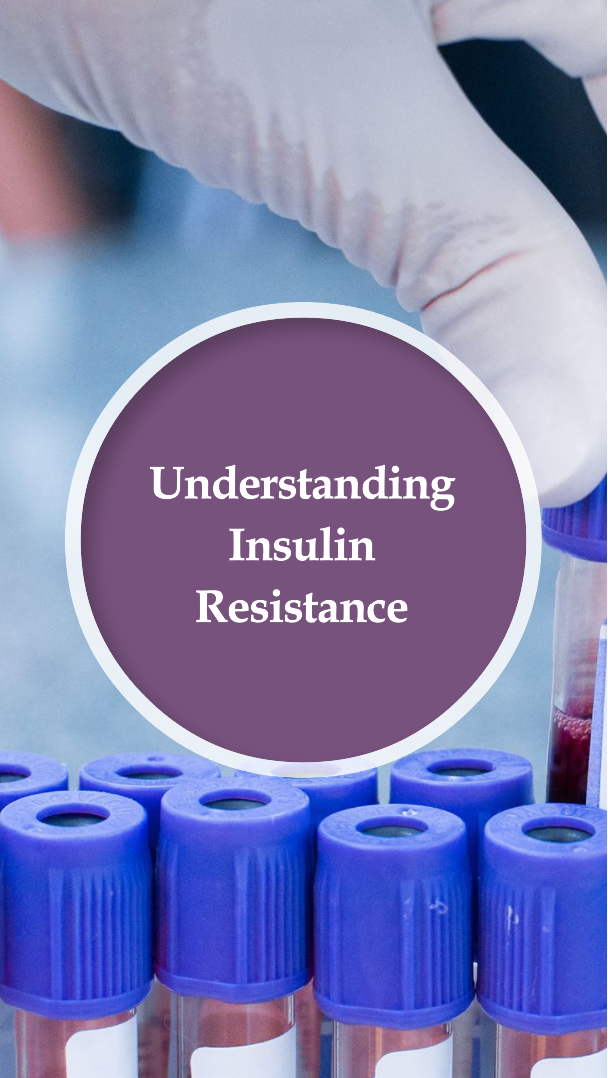Unraveling the Mystery: Understanding the Causes of Insulin Resistance
Insulin resistance is a condition where the body’s cells become resistant to the effects of insulin, a hormone that regulates the movement of sugar into your cells. It’s a key feature of type 2 diabetes, but its impact goes beyond that. Insulin resistance can also lead to heart disease and other health problems. In this article, we’ll explore the causes of insulin resistance and why understanding them can help protect your health.
The Root Causes of Insulin Resistance
Insulin resistance doesn’t happen overnight. It’s often the result of a combination of genetic and lifestyle factors. Here are some of the main causes:
- Genetics: Some people are genetically predisposed to insulin resistance. If your parents or siblings have type 2 diabetes or insulin resistance, you may be at higher risk.
- Obesity: Excess weight, especially around the waist, is a major cause of insulin resistance. Fat cells in the abdomen are particularly resistant to insulin’s effects.
- Physical Inactivity: Lack of physical activity can lead to weight gain and make the body less responsive to insulin.
- Poor Diet: A diet high in processed foods, sugars, and unhealthy fats can contribute to insulin resistance.
- Age: Insulin resistance becomes more common as you get older.
- Stress: Chronic stress can disrupt your body’s insulin response.
- Sleep Apnea: This sleep disorder is linked to insulin resistance and type 2 diabetes.
The Role of Diet in Insulin Resistance
Diet plays a crucial role in managing insulin resistance. A diet high in processed foods, sugars, and unhealthy fats can contribute to insulin resistance. On the other hand, a balanced diet rich in whole foods can help improve insulin sensitivity.
The keto diet, for example, has been shown to improve insulin sensitivity and help with weight loss. Our ultimate guide to the keto diet for beginners provides more information on this topic.
Managing Insulin Resistance
While insulin resistance can be a serious condition, it’s also highly manageable. Here are some strategies:
- Healthy Eating: A balanced diet rich in whole foods can help improve insulin sensitivity. Consider exploring our recipes section for healthy meal ideas.
- Regular Exercise: Regular physical activity can help your body use insulin more effectively.
- Weight Management: If you’re overweight, losing even a small amount of weight can improve insulin sensitivity.
- Regular Check-ups: Regular check-ups can help detect changes in your blood sugar levels early.
Empowering Yourself Against Insulin Resistance
Insulin resistance can be a silent threat to your health, but by knowing the signs and taking proactive steps, you can manage this condition effectively. Remember, early detection is key, and a healthy lifestyle is your best defense.
For more information on insulin resistance and diabetes, check out our diabetes section. You can also visit the American Diabetes Association for more resources.

